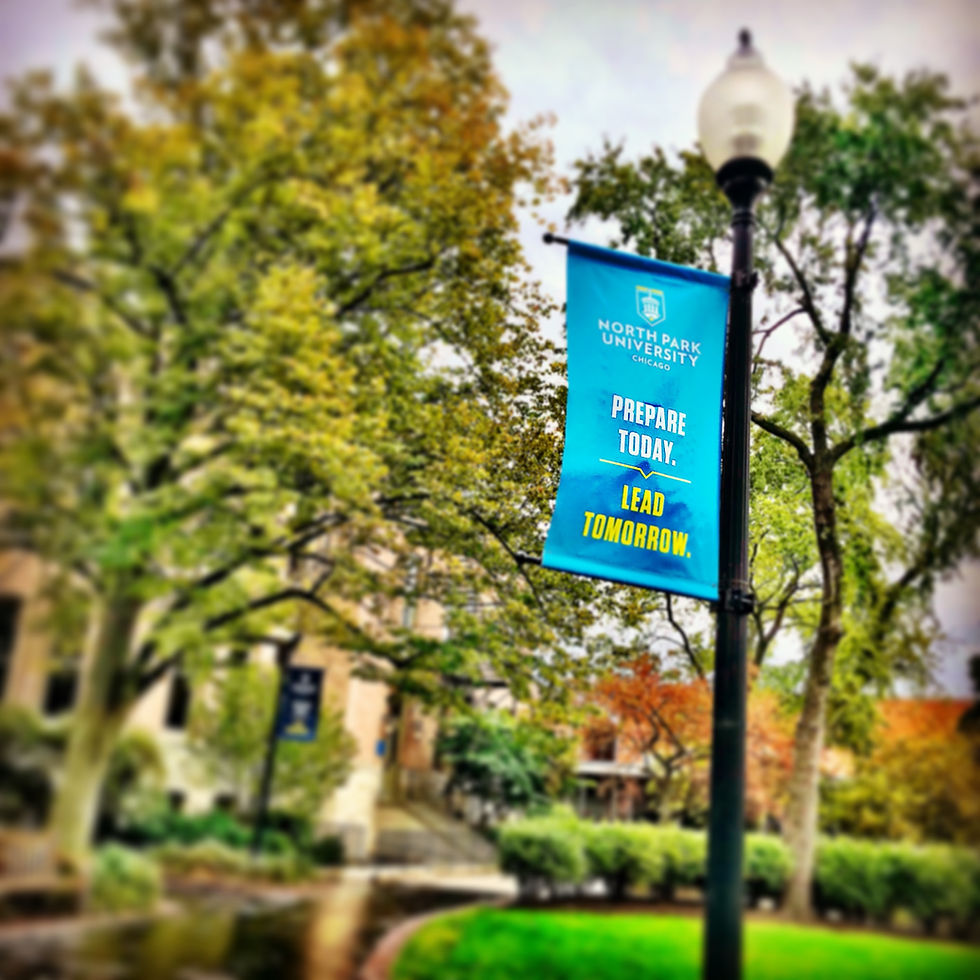The Location
- Dr. Renée-Paule Gauthier
- Oct 15, 2015
- 4 min read
Make it easy to go right, and hard to go wrong. – Gretchen Rubin
Like all disciplines, studying music requires focus and clarity of thought. One of the best ways to achieve this is by creating a work space that enhances your ability to concentrate and helps you stay on target.
In her book, Better Than Before, author Gretchen Rubin explains that one of the most powerful strategies to create healthy habits is the Strategy of Convenience: “by making it convenient and pleasant, you make it easier on yourself to keep up with it.” It’s a Secret of Adulthood for Habits: Make it easy to go right, and hard to go wrong. You want to make it as easy as possible to just pop in your work space and get something done.
You need a few basics tools – your music, something to hold it, a metronome, a pencil, enough room to move your arms – and you need to work on your ability to zone out distractions and stay focused on the task at hand.
At home
A home setting is (in most cases) the easiest environment to control. Ideally, you can dedicate a specific area for practicing and set it up in a way that suits your needs. I would pick a space with a door (your bedroom or a home office) away from communal areas of the house. Find a place where you can safely store your instrument and easily and quickly access it. The easier it is to take out your instrument and begin, the more likely you are to take advantage of those small windows of opportunities to practice that may come your way.
Have all the needed supplies nearby, as looking for them will break your concentration and waste your time.
· Sturdy stand
· Pencil
· Pencil sharpener
· Eraser
· Small practicing devices such as metronome, tuner, and recording device
· Batteries and chords necessary to charge any electronic device used during your practice session
· Stereo
· Computer (to access iTunes, Spotify, YouTube, PDFs of your music, music programs such as The Amazing Slow Downer, etc.)
· Notebook and pen
· Practice mute
· Timer (a timer can be a wonderful tool in your personal practice and I will discuss ways to use it in a future entry)
· Nail clippers
· Earplugs
Your practicing experience will be better if you turn off all distractions (TV, phone, internet, etc.) and remain focused. Whether you sit down for one hour or five minutes (remember that great work can be done in a very short amount of time if you put your mind to it and work efficiently) have a clear idea of what you want to accomplish. Make a plan and put it in writing.
Away from home
As musicians, we are often required to work away from home. Touring professional musicians have become masters at turning any location into a practice spot. No matter the place -hotel room, dressing room, bathroom, airport gate, storage closet, backseat of a car- they are able to adapt to the circumstances and remain efficient.
Away from home, you need to not only turn off the distractions you can control (your own devices), you will more often than not need to tune out those you cannot (ambient noise, room temperature, interruptions from eager colleagues/classmates, etc.). You need to mentally seal off your work space and not be afraid or ashamed to protect it against “invaders.”
Your time is precious and any interruption will disrupt the flow of your work. Post a sign that says “keep out, recording in progress” on the door and develop the courage to kindly express your need for privacy to people who enter your personal space. Do not get frustrated: accept the circumstances as they are and gently turn your attention back to the task you set out to accomplish.
As for the home work space, have your supplies handy. I find that I save a lot of time by always keeping my home “kit” at home and I have a second set of supplies which I take with me wherever I go, using my phone as a replacement for most of the electronic devices mentioned above. Students practicing at school and professionals working in music venues will most likely have access to sturdy stands but, if you find yourself on the road a lot, investing in a good quality, lightweight portable stand will make your life a lot easier.
One of my favorite away-from-home tool is my “portable office” folder which is a three-ring binder in which I keep all the music I need: a basic technique regimen (a few pages of Schradieck, scales, arpeggios, dexterity and double-stops exercises), a few etudes, and the repertoire I’m working on at the moment. This way, I can set the binder on a stand and be ready to practice in a minute. There is no dragging heavy stacks of music all over, fussing around looking for a specific piece, or (worse!) wasting time because I’m missing something I wanted/needed to practice.
So, to sum it up, where one practices can have a huge impact on the quality of one’s practicing. There is no need for a huge amount of space, but a few key factors can dramatically and positively affect productivity.
Don’t take my word for it! Visit famed cellist David Finckel’s practice space here: http://www.npr.org/sections/deceptivecadence/2013/09/03/216906386/10-easy-ways-to-optimize-your-music-practice




Comments